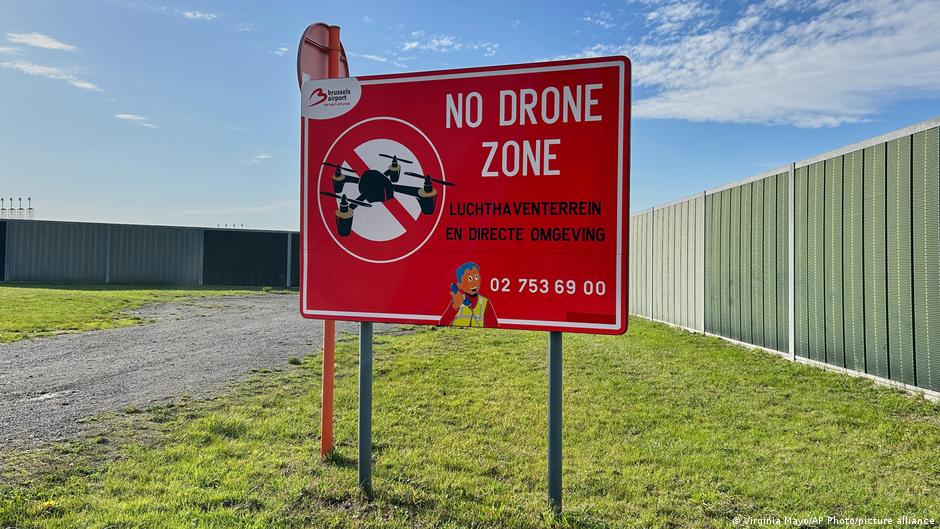A study by GLOBSEC and the International Center for Counter-Terrorism highlights Russia’s extensive network of agents waging a hybrid war against Europe, linking government agencies with organized crime. The researchers revealed that between January 2022 and July 2025, Russian-linked actors executed 110 sabotage acts in Europe, with a focus on Poland and France, recruiting individuals with criminal backgrounds for financial motives.
The report draws parallels to ISIS in leveraging criminals for terrorist activities, asserting that Russia’s hybrid operations are integral to its strategy against Ukraine and not merely supplementary. Key findings include the recruitment of 131 perpetrators, mainly Russian-speaking men from post-Soviet states, primarily online via platforms like Telegram.
Additionally, the study emphasizes the intertwined nature of illegal financing and sanctions evasion within Russia’s hybrid strategies, allowing the Kremlin to fund operations covertly while embedding criminal networks in its activities.
The report also discusses the long-standing connection between the Russian government and organized crime, noting that since the Soviet era, corrupt practices have become prevalent. Tensions about how the EU should respond to these hybrid threats were raised, with suggestions for enhancing monitoring of online platforms and redefining hybrid threats to include non-state actors. Collaboration between public and private sectors is advocated for better detection and prevention of such activities.
Source link


